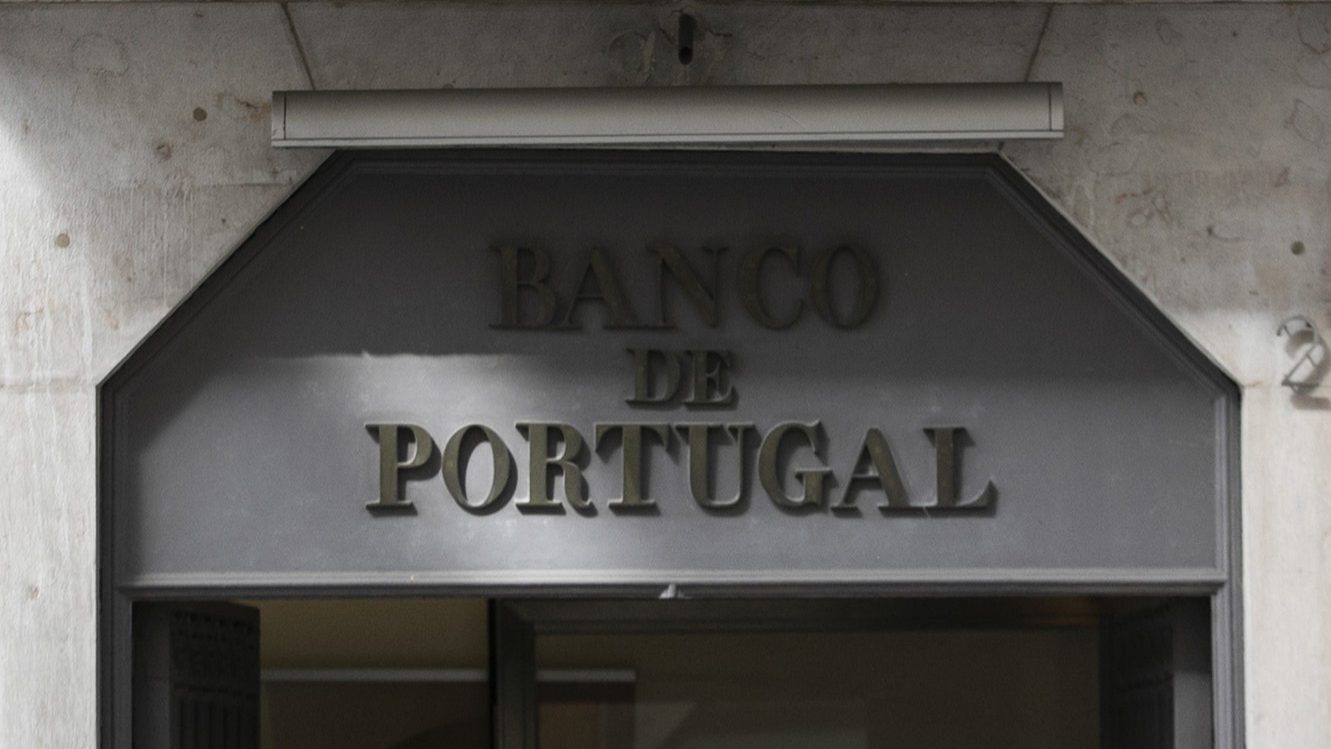Swedish fintech Tink brings open banking platform to Portugal
Tink is entering the Portuguese market with its 'open banking' platform, which allows banks and companies to develop specialised financial services.
Swedish ‘fintech’ (financial technology company) Tink is entering the Portuguese market with its ‘open banking’ platform, which allows banks and companies to develop specialised financial services.
Speaking to Lusa, Beatriz Gimenez, the company’s country manager for Spain and Portugal, said that “Caixa Geral de Depósitos Bank (CGD) in Portugal used our technology to launch Dabox”.
This ‘app’ launched by the public bank allows any national bank customer, even if it is not Caixa’s, to aggregate all bank accounts on a single platform “and provides a financial ‘personal trainer’, through a simple registration process, which is completed in seconds”, according to a statement from CGD, in November.
Beatriz Gimenez believes that Tink can provide more services of this kind to Portuguese banks, noting that the company connects “more than 2,500 banks throughout Europe”. We are launching the platform in Portugal”.
Tink “has been developed in a way that is very easy to use and integrate. Tink does not work with the end customer, but with companies or banks, developing solutions that can then reach the general public”.
The company came to Portugal thanks to the contract with CGD and now plans to expand by hiring a person in the country.
Beatriz Gimenez also pointed out that Portugal also “has an important connection with markets such as Brazil and Africa”, and therefore “would be a good point of entry” into the regions, even if this plan is more in the medium term.
Tink’s open banking platform has around 4,000 users throughout Europe.
This type of services is made possible by the entry into force of the PSD2 directive, which allows new operators to enter payment services, as is the case of service providers that aggregate the financial information of customers. This allows the customer to gather information from several bank accounts, even from different banks, on a single platform.
The legislation also brings a significant change for banks, which are now obliged to share customer data (if they give their authorisation) with competing companies, such as ‘fintech’, thus losing a competitive advantage they had.


